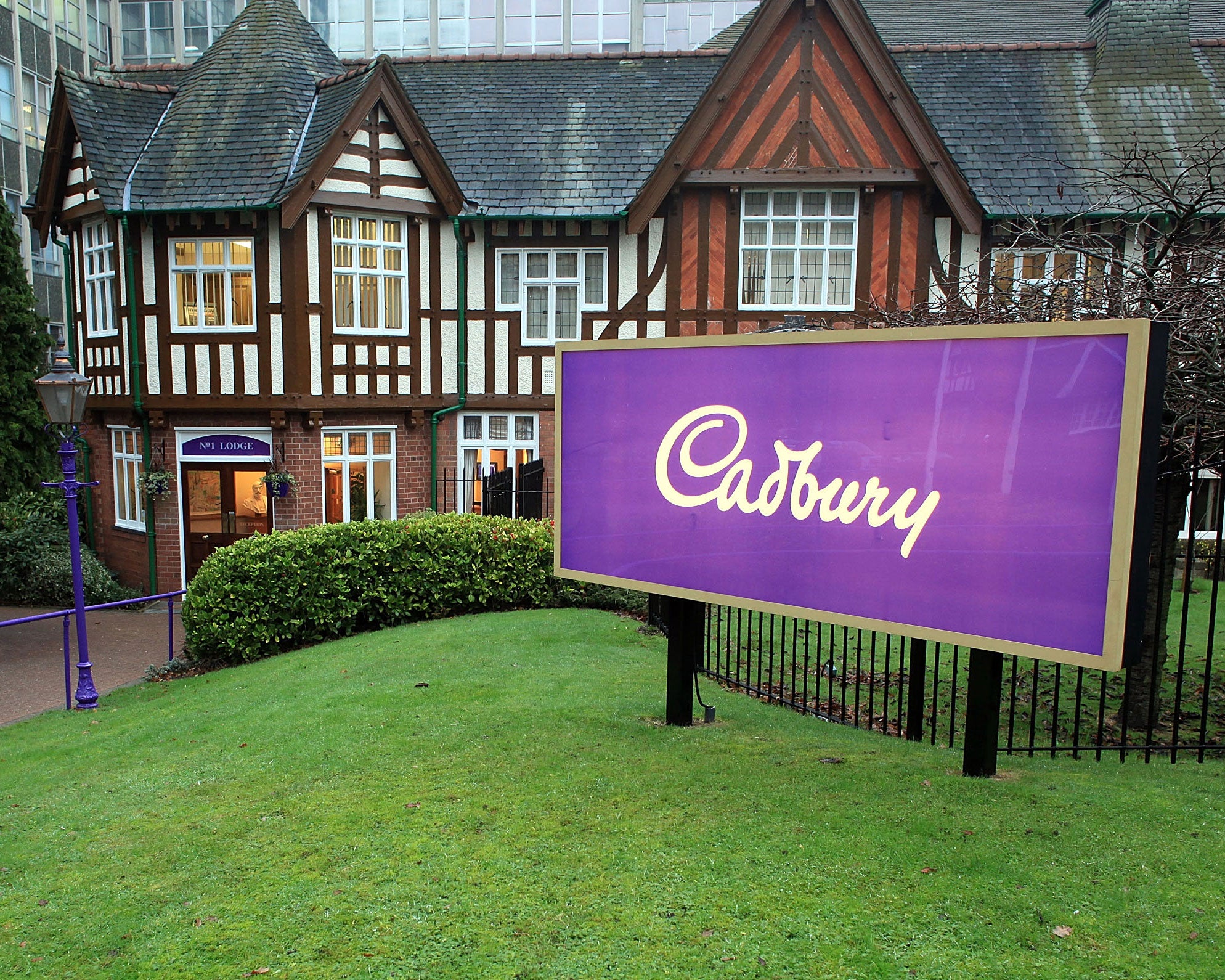I used to work for Cadbury – this is what has really happened since the Kraft takeover
As an employee for 15 months, I witnessed the good that Cadbury did for its customers, its employees and its community. To see what it has become is simply heartbreaking


In probably the best lecture of my MBA programme, my professor told us: “Don’t chase big salaries. Focus on working for a company which is aligned to your values.” So when I was offered a job with Cadbury five years later, I couldn’t have been happier. The company always knew it was part of something bigger, which is why its Quaker founders built houses around its factory in Bournville back in 1880.
My job in the audit department was to make sure Cadbury was meeting its commitments on promoting its products ethically, manufacturing them sustainably and looking after its own employees. From the factory in Bucharest to the office in Lima, all my colleagues around the world felt immense pride in what our company was doing to build a better world – as well as giving us the chocolate we loved.
That all changed in January 2010, when we learned that Cadbury was to be taken over by Kraft.
Todd Stitzer, then CEO of the company, called a town hall meeting in our Uxbridge office, looking emotionally shattered. He and the board had done all they could to fight off the deal but were left with no choice but to accept an offer from Kraft on behalf of Cadbury shareholders.
A few days later the Kraft CEO, Irene Rosenfeld, came to meet us and made platitudes about the future. But we all knew things would never be the same: Cadbury’s deeply cherished corporate values were at risk of being discarded.
As in any takeover deal, the number one worry was jobs. Redundancies followed fast. At the time my first child was on the way, so I was happy to take some time out and was well looked after – but others were not.
As part of the deal Kraft claimed in official stock market announcements that the UK would be a “net beneficiary in terms of jobs” and, if it took over Cadbury, it would be “in a position to continue to operate its Somerdale factory near Bristol”. But its management knew the plans to close Somerdale were well advanced as it would have been part of due-diligence. No sooner was the deal done than Kraft proceeded with the plant closure, resulting in the loss of 500 jobs. It was censured by the Panel of Takeovers and Mergers as a result.

Meanwhile, Irene Rosenfeld said it “was not the best use of her personal time” to visit Parliament over this affair – behaviour which would never have been countenanced by the Cadbury executives I worked with at the company.
This week, Cadbury’s new owners announced that the confectioner is to drop its Fairtrade commitment, another broken promise to the Cadbury brand. It is a change which could hit cocoa farmers in their pockets, given they will not have the same guarantees over minimum income under a new ethical trading scheme announced by Cadbury’s now-owners Mondelez International.
Cadbury Dairy Milk has been Fairtrade since 2009, and was the first mainstream chocolate brand to become Fairtrade certified. My colleagues in the audit team who visited Ghana would tell of fascinating weekend visits to cocoa farms they knew the company was helping to support. Whatever its hardships, had Cadbury still been an independent British brand, it would never have dropped Fairtrade after all the hard work it had put in to achieve that label of ethical good businesss.
When it came to its employees, Cadbury always looked after its staff and alumni. Every Christmas, it would give thousands of long-term former employees a gift of chocolates at Christmas. Sadly, Mondelez International then scrapped this inexpensive goodwill gesture in an attempt to help plug a gap in its pension pot.
As an insider for 15 months, I witnessed the good that Cadbury did for its customers, its employees and the wider community. I felt proud to tell my friends that I worked for the brand. I was very sad the day I walked out of my office in Uxbridge for the last time – but to see what has been done to the company since I left is simply heartbreaking.
Chris Key is a former senior internal audit manager at Cadbury, covering Europe and Latin America
Join our commenting forum
Join thought-provoking conversations, follow other Independent readers and see their replies
Comments
Bookmark popover
Removed from bookmarks